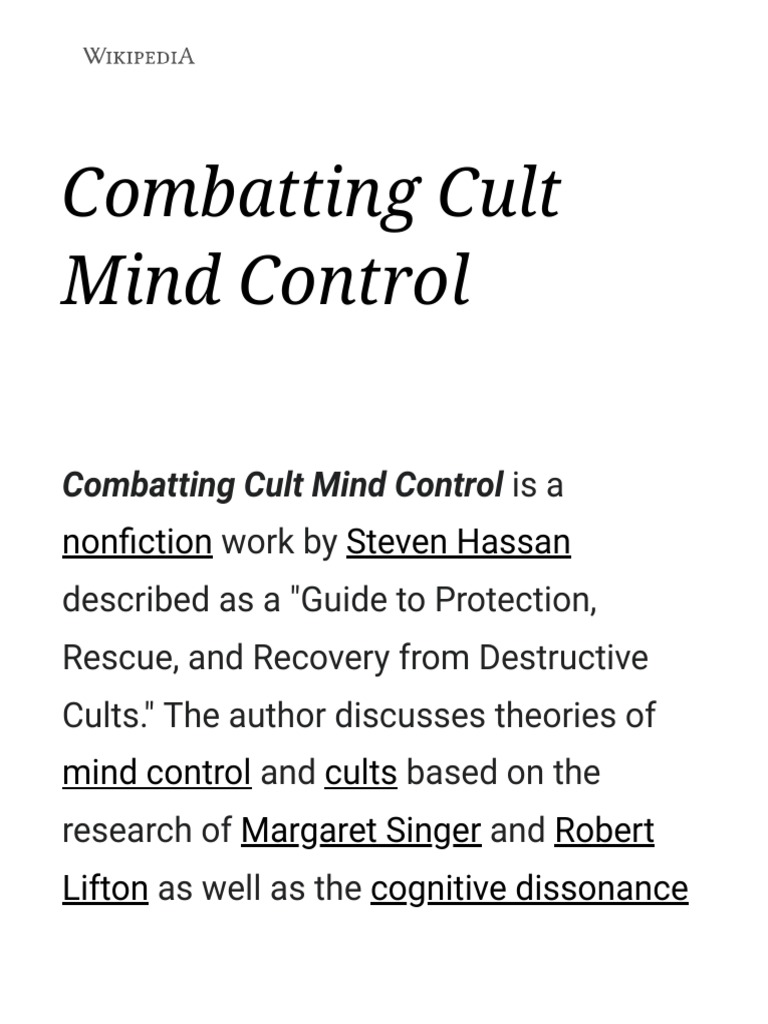In contemporary society, the ever-pervasive cult of the body perpetuates unrealistic standards of beauty and desirability. This phenomenon has infiltrated various facets of life, engendering detrimental consequences for mental health and self-perception. Bahá’í teachings offer a profound antidote to these societal pressures, encouraging individuals to cultivate a resilient sense of self-worth that transcends physical appearance. This article explores how Bahá’í principles provide a liberating perspective on self-worth, while simultaneously combating the superficial dictates of external appearances.
Central to the Bahá’í faith is the notion that humanity is fundamentally noble and that the true essence of a person transcends their physical form. This perspective aligns closely with the doctrine of the oneness of humanity, where every individual is considered a reflection of the divine. Within this framework, engaging in a transformative journey toward self-worth necessitates a shift from an external validation paradigm to an intrinsic understanding of one’s spiritual identity. By recognizing that one’s true worth lies not in physical aesthetics but in the depth of character, intellect, and spirit, individuals can liberate themselves from the constraints imposed by societal beauty norms.
Self-worth, according to Bahá’í teachings, is intricately connected to the concept of service. The act of serving others cultivates a sense of purpose and fulfillment that is far more substantial than mere vanity. The scriptures advocate for a life led by service, wherein the care for others fosters personal growth and elevates the soul. By channeling energy into altruistic endeavors, individuals can transform their self-perception, viewing themselves as instruments of change rather than as objects of aesthetic appraisal. This paradigm shift emphasizes the importance of contributions to society rather than fixation on self, ultimately leading to a more fulfilling life experience.
The principle of independent investigation of truth also plays a critical role in redefining self-worth within Bahá’í thought. Individuals are encouraged to seek knowledge and personal understanding rather than acceding to external pressures or conforming to popular opinions about beauty and desirability. This personal quest for truth allows individuals to discern their intrinsic value, elevating their self-concept beyond societal standards. By embracing individuality in their journeys of self-discovery, believers cultivate a profound self-respect that acknowledges and appreciates their unique attributes and contributions. The emphasis on critical thinking and independent inquiry fosters resilience against the pervasive influence of the cult of the body.
Moreover, the Bahá’í teachings advocate for a holistic view of health that encompasses not just physical well-being but also mental and spiritual vitality. Acknowledging this triadic relationship encourages individuals to nurture their entire being, thereby fostering a more robust and resilient form of self-worth. Engaging in spiritual practices, pursuing intellectual inquiries, and attending to physical health in a balanced manner paves the way for a comprehensive understanding of oneself. This well-rounded approach disrupts the reductive narratives that equate worthiness with physical appearance, inviting individuals to embrace a fuller, richer definition of health and self-value.
As individuals cultivate an enduring sense of self-worth, they are invariably led to embrace a community that reflects these values. The Bahá’í community is defined by principles of unity and acceptance, creating an environment where individuals are celebrated for their intrinsic qualities rather than their outward appearances. This communal ethos serves to reinforce the belief that worth is not determined by conformity to superficial standards but rather by the inherent qualities they possess. Immersed in such an environment, individuals can thrive, bolstered by mutual respect and love, enabling a collective resistance against the damaging effects of the cult of the body.
Furthermore, Bahá’í teachings promote the importance of education in fostering self-worth. Education is viewed as a fundamental aspect of personal and spiritual development. By acquiring knowledge and skills, individuals can empower themselves, enhancing their confidence and ability to contribute meaningfully to society. This empowerment extends beyond the individual, as educated individuals can inspire others in their communities, promoting collective advancement. In this manner, self-worth becomes not only a personal attribute but also a catalyst for societal progress, reinforcing the narrative that true value lies in one’s contributions rather than in physical appearance.
Ultimately, the transformative potential of the Bahá’í perspective on self-worth lies in its ability to nurture a holistic and profound understanding of personal value. By cultivating a framework that prioritizes spiritual essence, community engagement, critical inquiry, and the pursuit of education, individuals can eclipse the limiting narratives dictated by societal beauty standards. In doing so, one not only challenges the cult of the body but also emerges as a beacon of enlightenment in a world fraught with external pressures and superficial judgments. Through the lens of Bahá’í teachings, individuals uncover the sublime reality of their existence—an existence that validates them not for their physicality, but for the boundless potential they harbor within.
In conclusion, engaging with Bahá’í principles offers a transformative pathway toward a healthier relationship with self-worth. By acknowledging the interplay of spiritual, mental, and physical well-being, individuals can reassess and redefine their identities, anchored firmly in the understanding of their innate nobility. As one traverses this enlightening journey, the allure of superficial validations fades, replaced by a self-affirmation rooted in purpose, service, and the richness of human experience. The call to rise above the cult of the body not only liberates individuals but also fortifies the communal fabric of humanity, encouraging a culture that celebrates intrinsic worth and shared values.
